Spain’s coastline isn’t just about beaches — it’s packed with fishing villages, old ports, and small towns where seafood is always fresh and siestas still matter. From the rocky cliffs of the north to the sun-drenched shores of the south, each coastal town offers its charm. And unlike the big-name resort cities, these spots still feel grounded in tradition.
Here is a list of 16 coastal towns to visit while in Spain.
Cadaqués
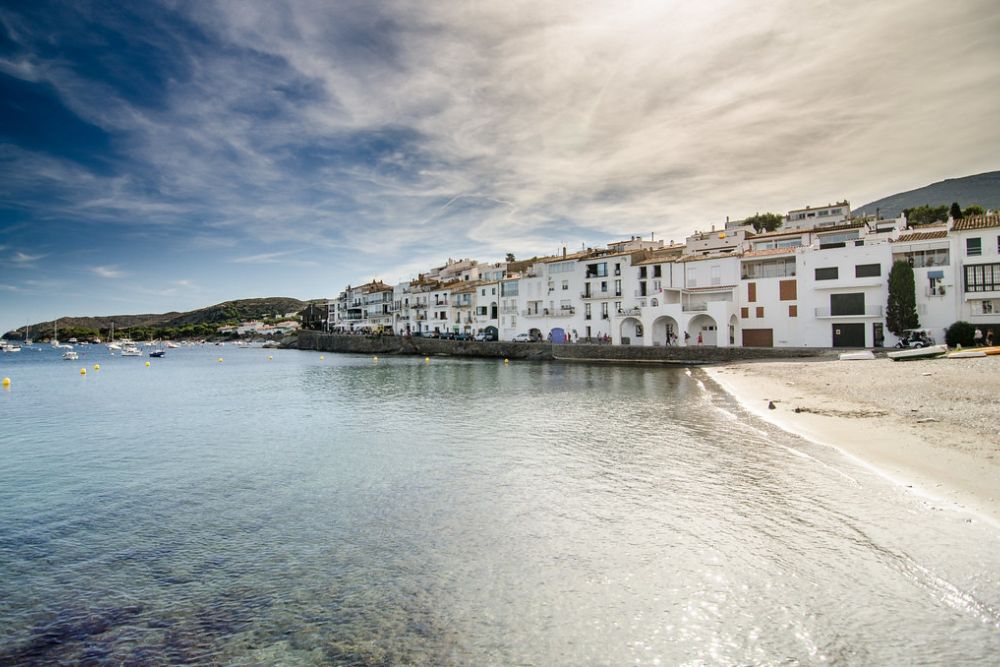
Tucked into a quiet bay on the Costa Brava, Cadaqués is all white walls and narrow cobblestone alleys. Salvador Dalí lived nearby, and the town still has that creative, slightly offbeat feel. The rocky shoreline isn’t built for lounging, but the water is clear and full of sea urchins and color.
It’s peaceful but not sleepy — there’s always something happening under the surface.
Comillas
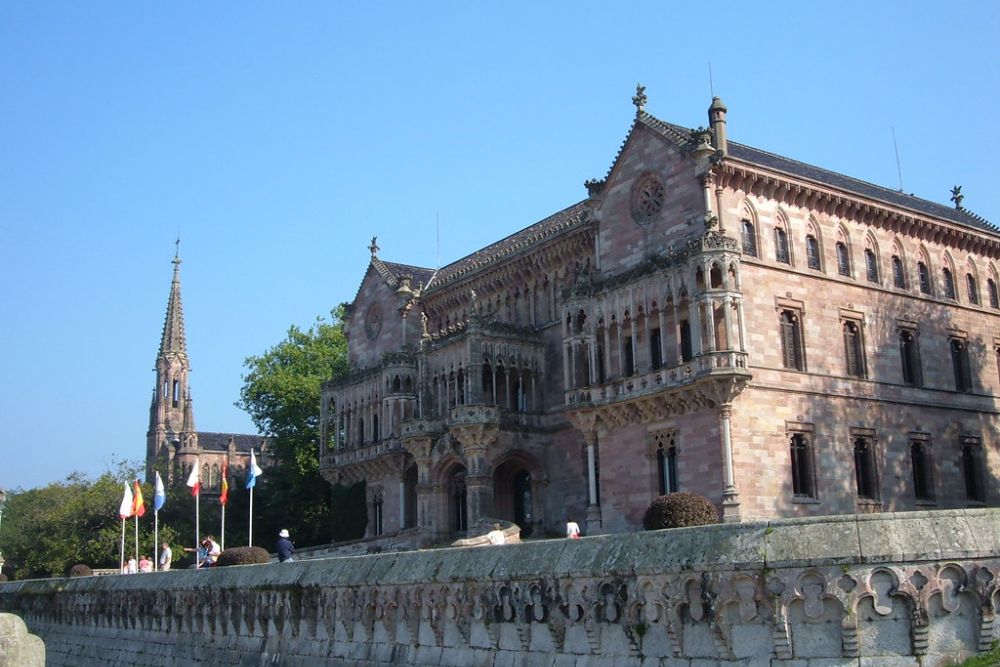
This northern town sits along the Cantabrian Sea and mixes beach town with old-world elegance. Gaudí’s El Capricho stands just a few blocks from the coast, adding a dash of architectural flair you might not expect.
The beach itself is wide and golden, and the surf can get wild on windy days. It’s a strange blend of regal and rugged.
Like Travel Pug’s content? Follow us on MSN.
Nerja
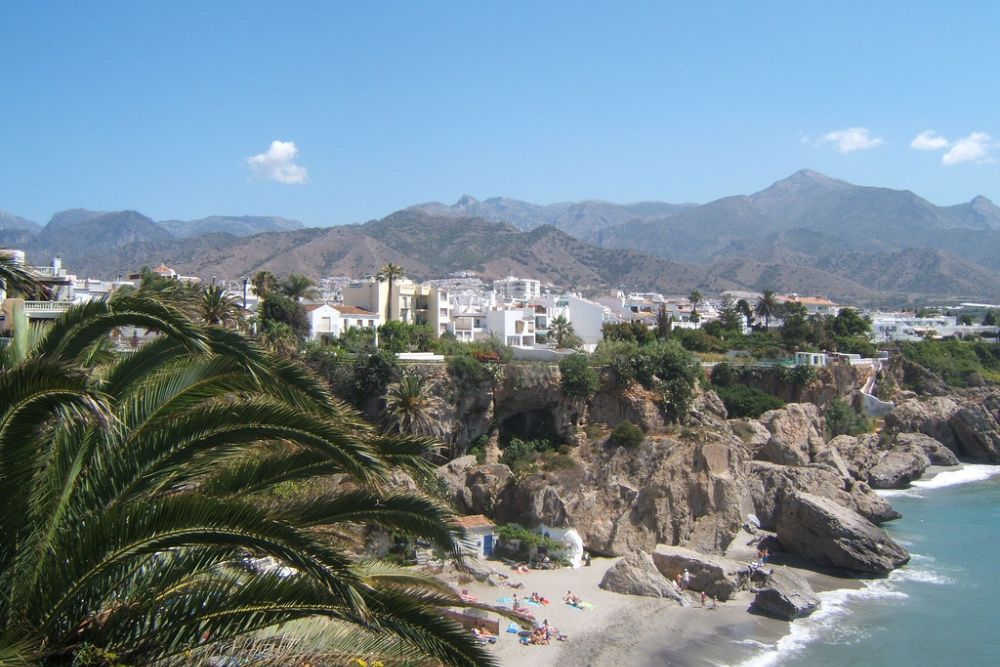
Nerja marks the end of the Costa del Sol’s party zone and the beginning of something slower. The Balcony of Europe, a wide stone promenade over the sea, gives sweeping views of cliffs and hidden beaches. Small coves dot the coast, perfect for a quiet swim or quick snorkel.
It’s the kind of place where every corner offers another view for photos.
San Vicente de la Barquera
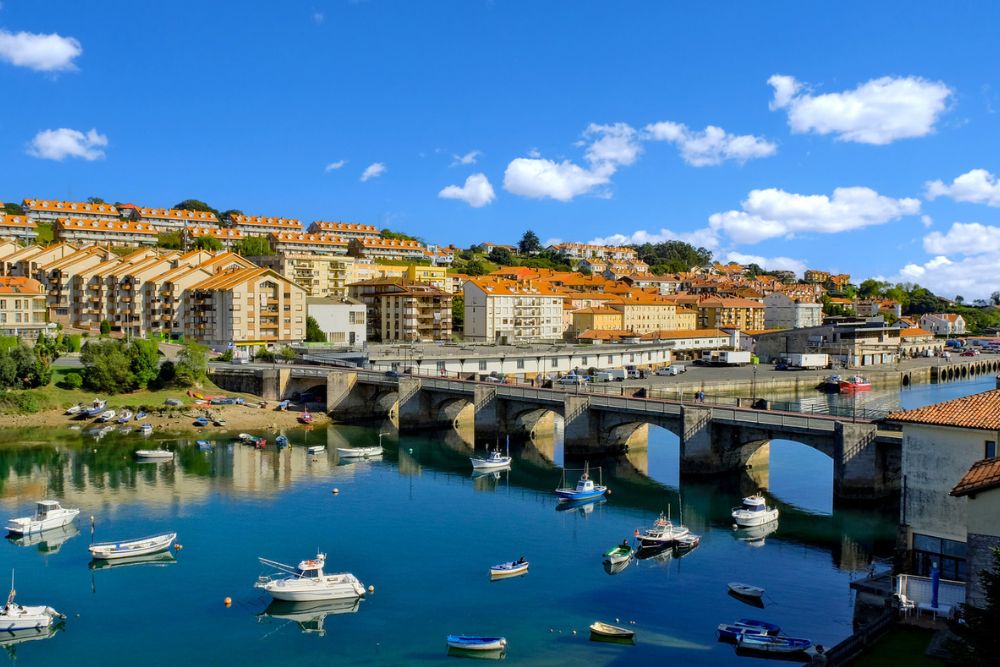
Set against the green hills of Cantabria, this fishing town has dramatic views in both directions — mountains behind, sea out front. The old stone bridge connects the town to its beach area, and both feel untouched in the best way.
When the tide’s low, people comb the flats for clams and small fish. It’s authentic without trying to be.
Sitges
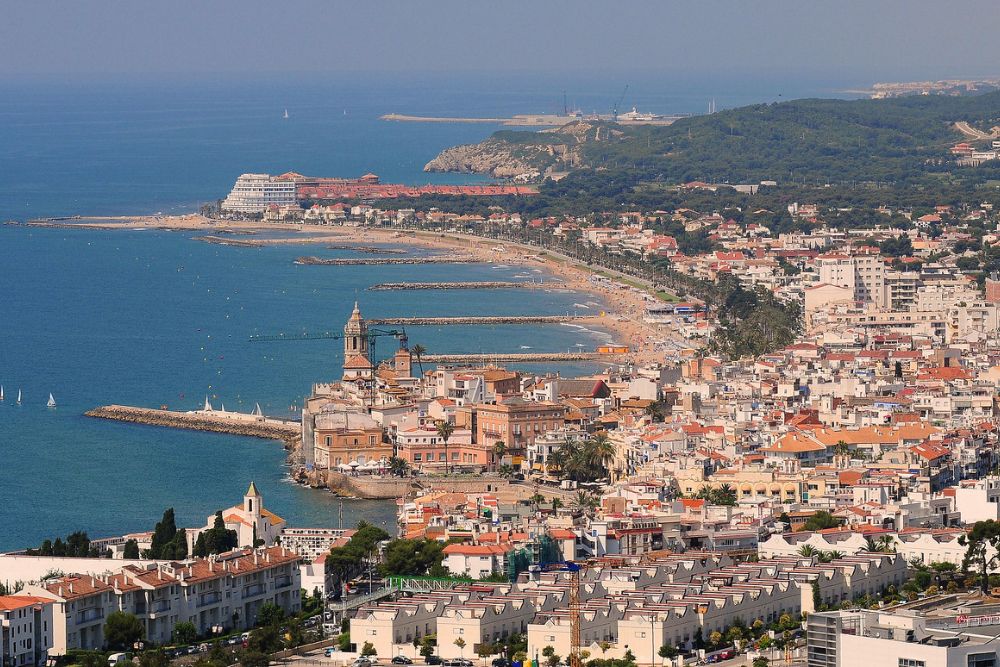
Just south of Barcelona, Sitges mixes Bohemian energy with calm seaside vibes. The waterfront promenade is lined with palm trees and pastel buildings that glow in late-day sun. While it’s known for festivals and nightlife, the mornings are surprisingly quiet.
The balance makes it feel fresh, not frantic.
Like Travel Pug’s content? Follow us on MSN.
Lekeitio
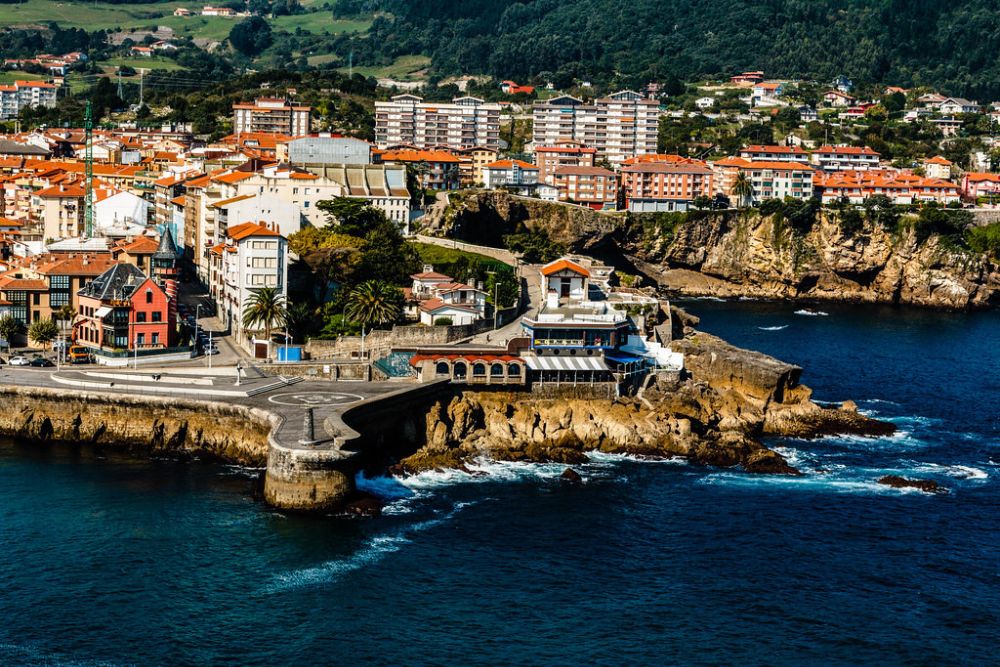
The Basque Country’s charm really shows in towns like Lekeitio, where you can wander from harbor cafés straight to sandy beaches. A small island sits just offshore, and during low tide, you can walk right to it.
Locals fish from the breakwater, and the seafood doesn’t need much more than lemon and salt. It’s laid-back but lively.
Altea
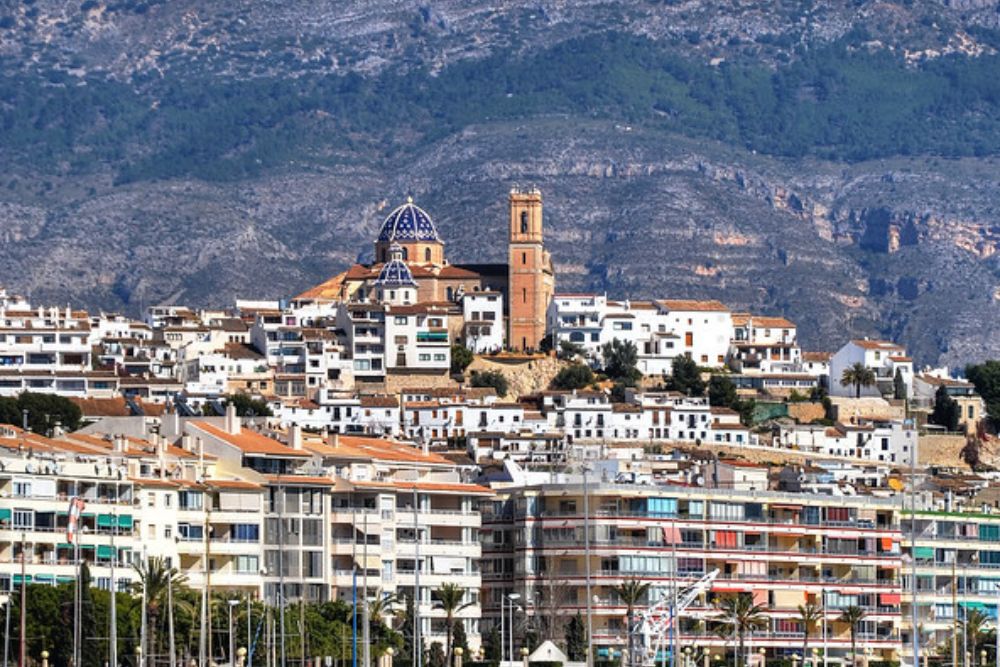
On the Costa Blanca, Altea’s blue-domed church towers over a hill of whitewashed homes and mosaic-tiled streets. The old town is quiet and hilly, but walk down to the waterfront, and it opens into a modern promenade. The beaches are mostly pebbles, which keeps them less crowded and cleaner.
It feels honest — like it’s not trying to impress, just doing its thing.
Ribadesella
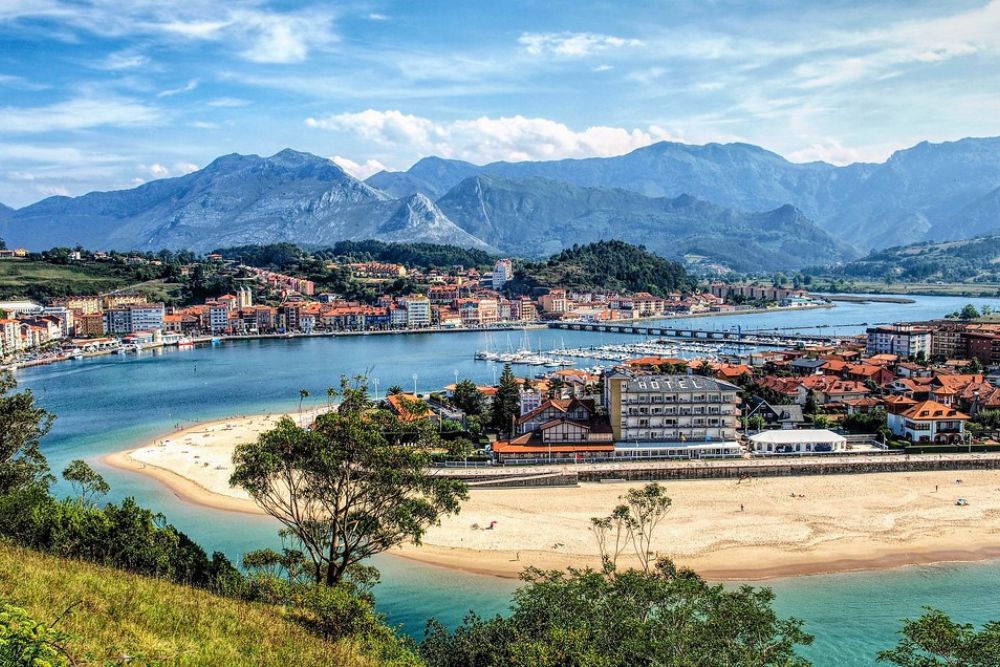
Known for its dramatic estuary and prehistoric caves, Ribadesella blends nature and history in equal measure. Canoes line the riverbank, and cliffs rise sharply behind the shoreline. At sunset, the beach glows gold while locals stroll with dogs and ice cream in hand.
It’s simple, welcoming, and easy to linger in.
Like Travel Pug’s content? Follow us on MSN.
Cudillero
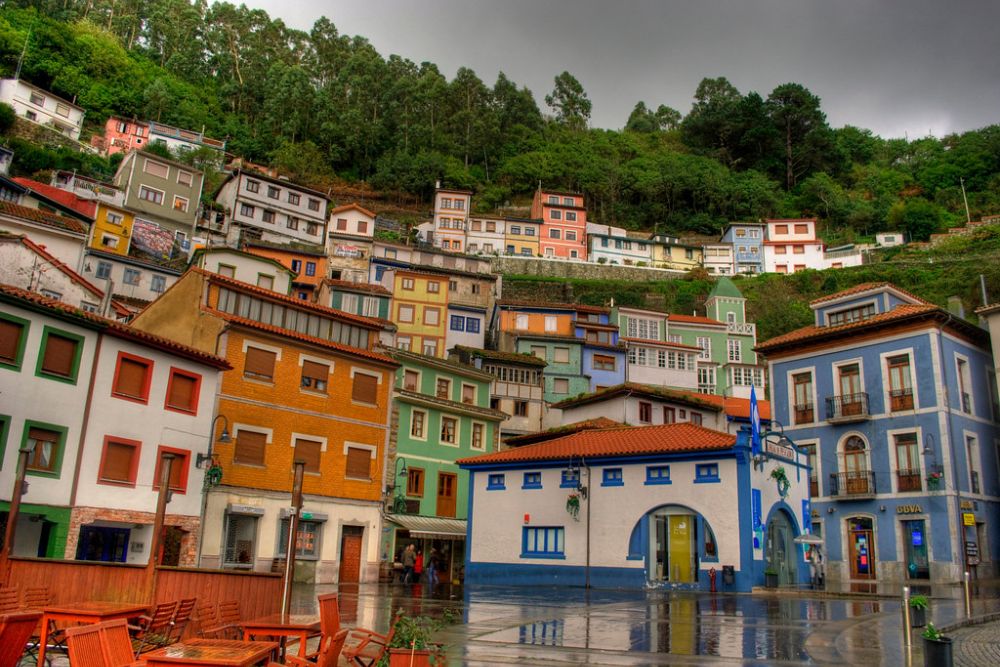
This fishing village stacks its colorful homes like puzzle pieces up the steep hillside above the harbor. The view from the bottom feels cinematic, especially when boats drift into port just before dinner.
Seafood restaurants spill onto the square, and the smell of grilled octopus hangs in the air. Touristy? A little. Worth it? Absolutely.
Tossa de Mar
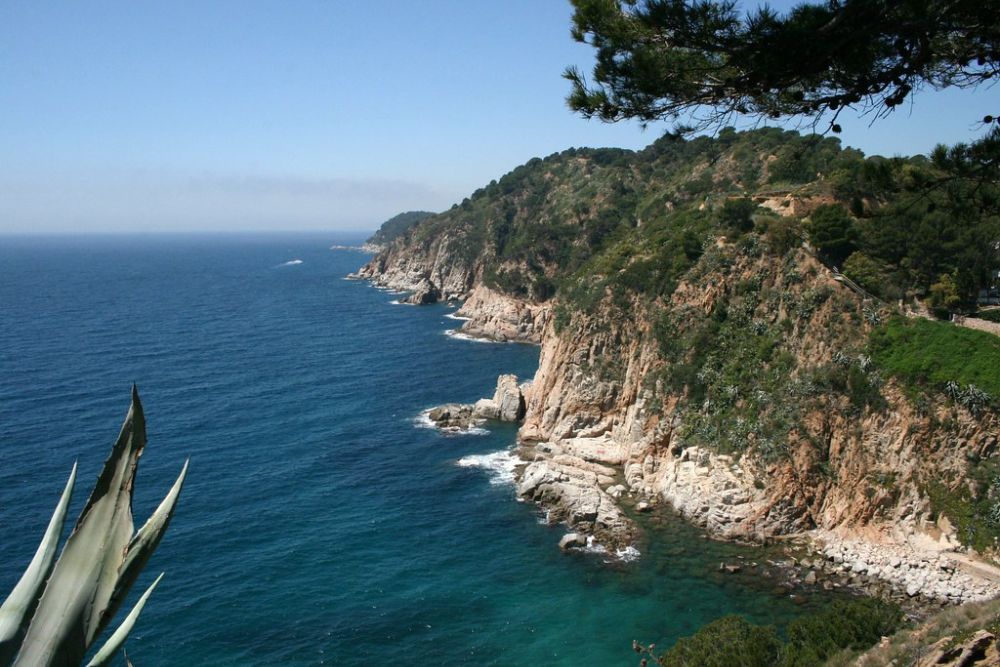
Before the resorts took over Costa Brava, there was Tossa — castle walls, medieval towers, and a beach right at its feet. The old town climbs the cliff, offering views that make the stairs worth it. Down below, the main beach buzzes with families, paddleboarders, and the occasional ice cream vendor.
It hits that rare sweet spot between lively and low-key.
Hondarribia
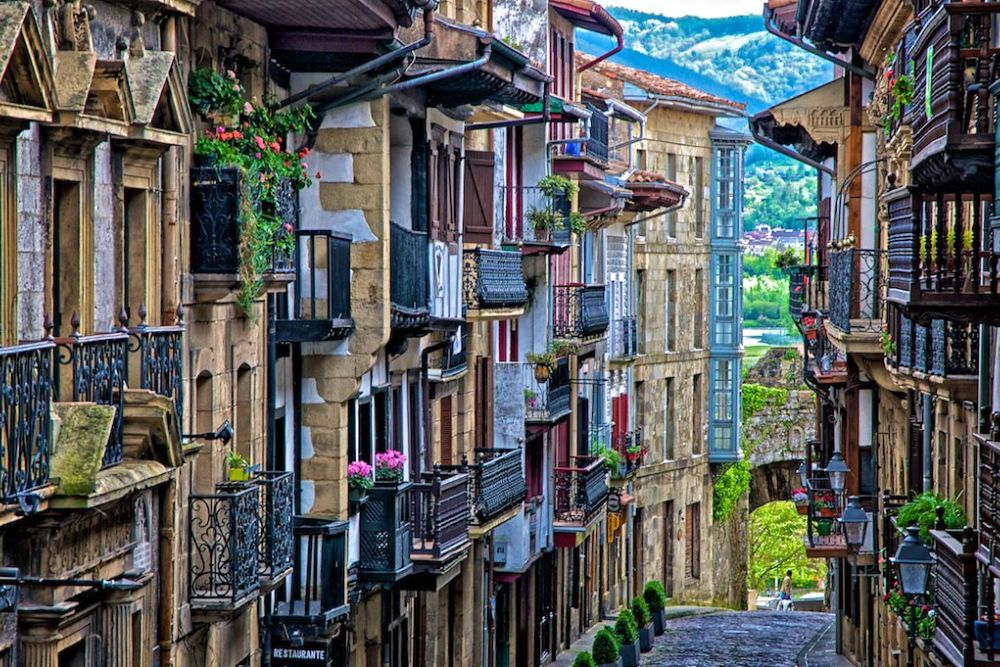
Just a few minutes from the French border, Hondarribia’s old quarter is cobbled and colorful, while the beachfront area has more of a holiday pace. Pintxos bars fill up fast, but it never feels overcrowded.
The harbor is lined with bright boats and even brighter shutters. It’s coastal Basque style done right.
Like Travel Pug’s content? Follow us on MSN.
Isla Cristina
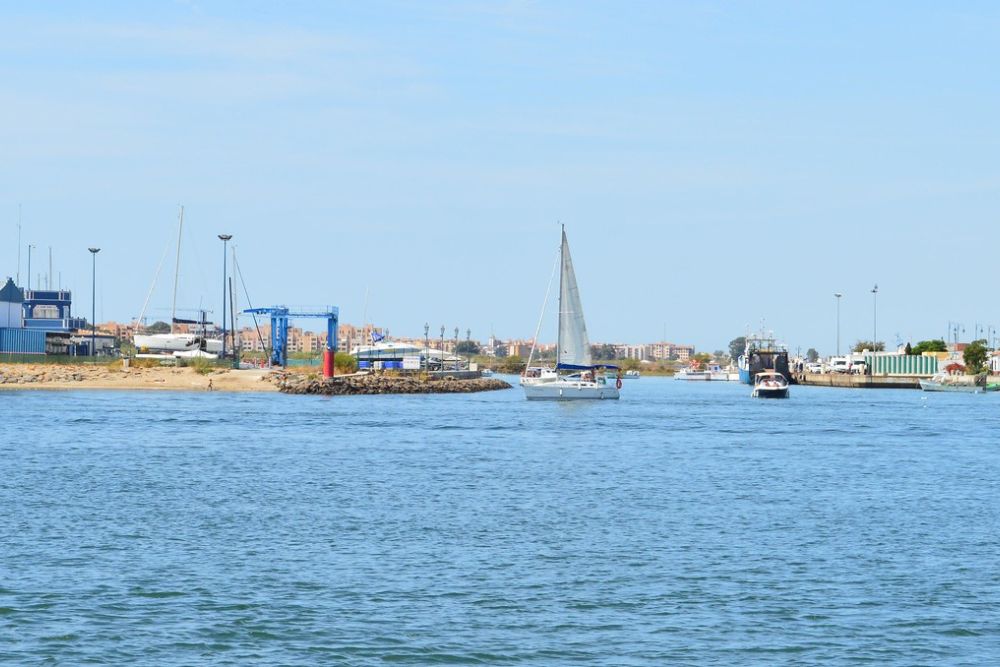
On the southwestern edge of Spain, near Portugal, Isla Cristina has wide, sandy beaches that stretch for miles. The seafood here is especially fresh — this town is one of the country’s largest fishing ports.
It’s not a polished tourist spot, which is part of its charm. Expect honest prices, salty air, and long walks with hardly anyone around.
A Guarda
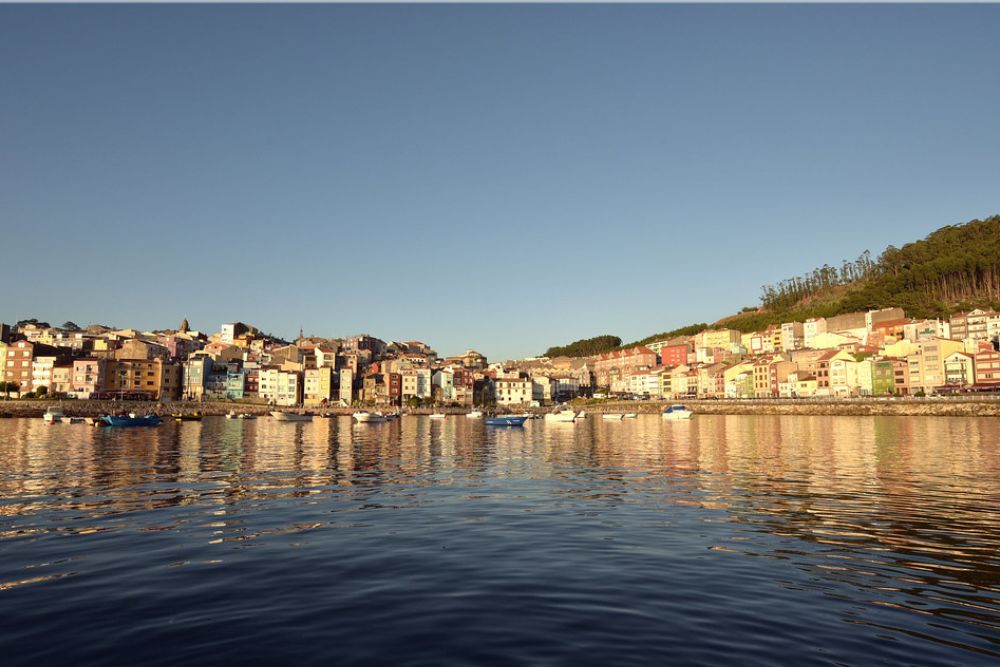
At the mouth of the Miño River, A Guarda is known for its Celtic ruins and sweeping ocean views. From the top of Mount Santa Tecla, you can see both Spain and Portugal at once. Down in town, octopus is served grilled, stewed, and every way in between.
It’s a town that feels connected to its history, its food, and the sea.
Camariñas
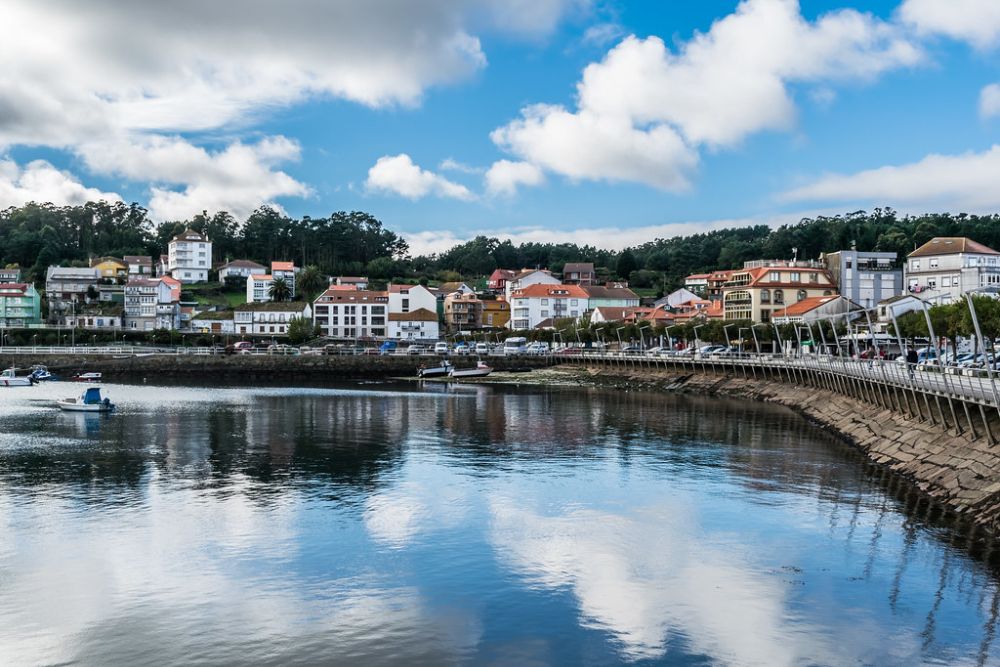
Way up in Galicia’s northwest corner, Camariñas sits on the rugged Costa da Morte. Its lighthouses guard some of the wildest coastline in Spain, where waves slam into black rock.
The town itself is quiet, best known for handmade lace and fish stew. It’s dramatic in setting but gentle in atmosphere.
Like Travel Pug’s content? Follow us on MSN.
Zahara de los Atunes
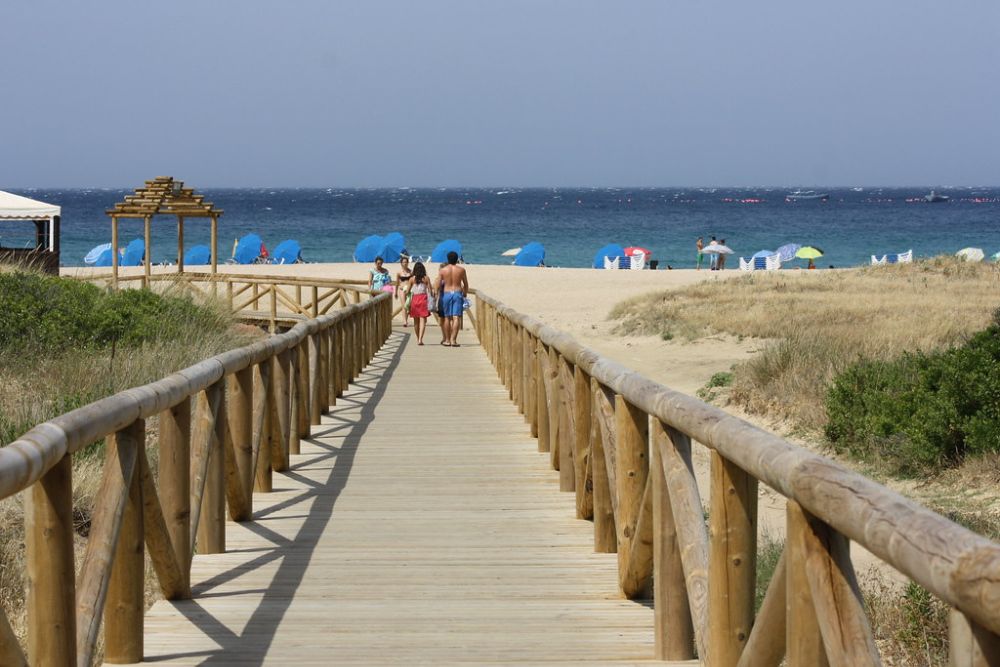
This small Andalusian town keeps things slow and sunny. Long beaches stretch out with barely a hotel in sight, and locals often gather for sunset bonfires or late dinners outdoors.
Tuna is the main attraction here — served raw, grilled, or even smoked. The vibe is breezy, warm, and genuinely unbothered.
Port de Sóller
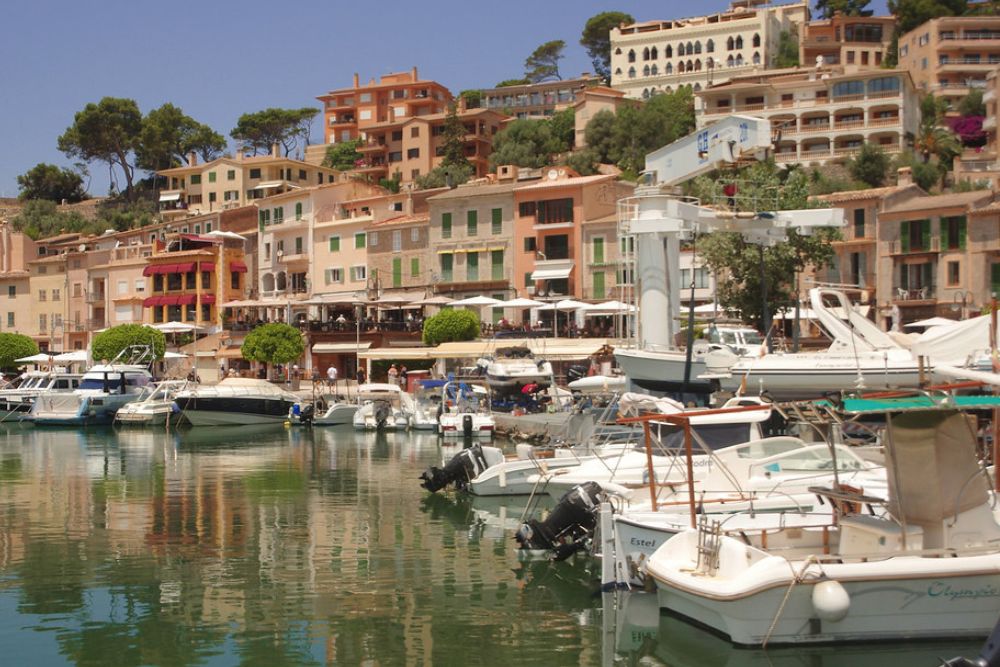
On Mallorca’s northwestern shore, Port de Sóller is hugged by the Tramuntana Mountains and accessed by a vintage wooden tram. Boats bob in the horseshoe-shaped bay while cafés line the waterfront with lazy morning buzz.
The beach isn’t massive, but the setting makes it feel bigger. It’s scenic without being flashy.
Where the Coast Feels Like Home
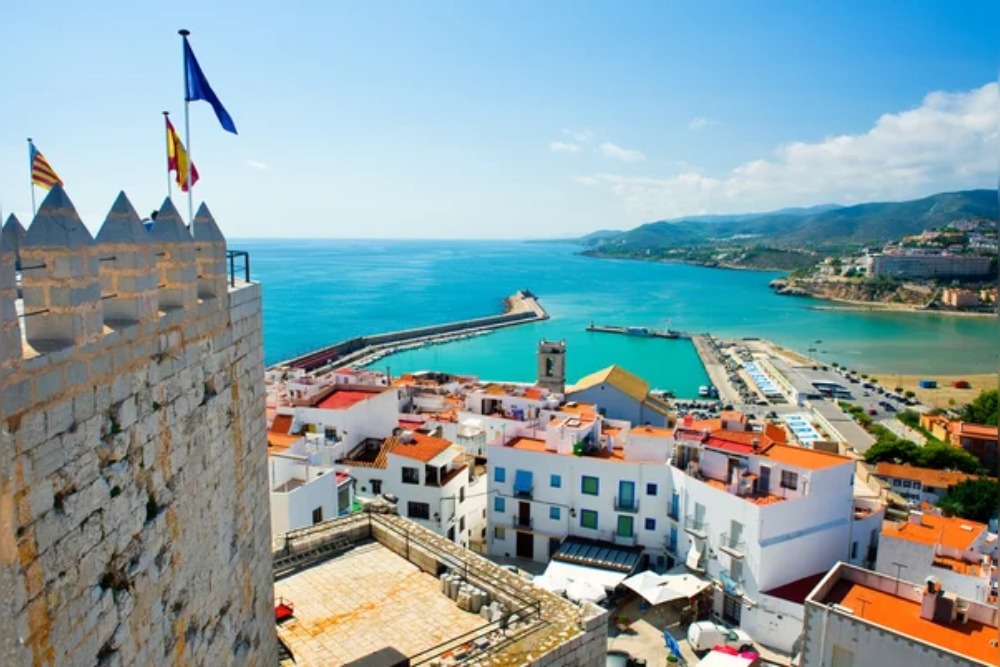
Spain’s smaller coastal towns offer more than just ocean views — they hold onto identity. From the cliffs of Galicia to the sun-washed edges of the Mediterranean, each place tells its story through food, architecture, and rhythm.
It’s not just about where the waves hit the shore — it’s about how the people live alongside them. And often, it’s the quiet towns that leave the loudest impression.
More from Travel Pug

- 20 Best Beach Towns in the Carolinas
- 13 Destinations Where Tourists Regularly Regret Their Trip
- 20 Things You Actually Get in First Class
- 20 Small Airports With Aviation Museums
- 20 Places in the U.S. That Are Perfect for a Reset Trip
Like Travel Pug’s content? Follow us on MSN.
